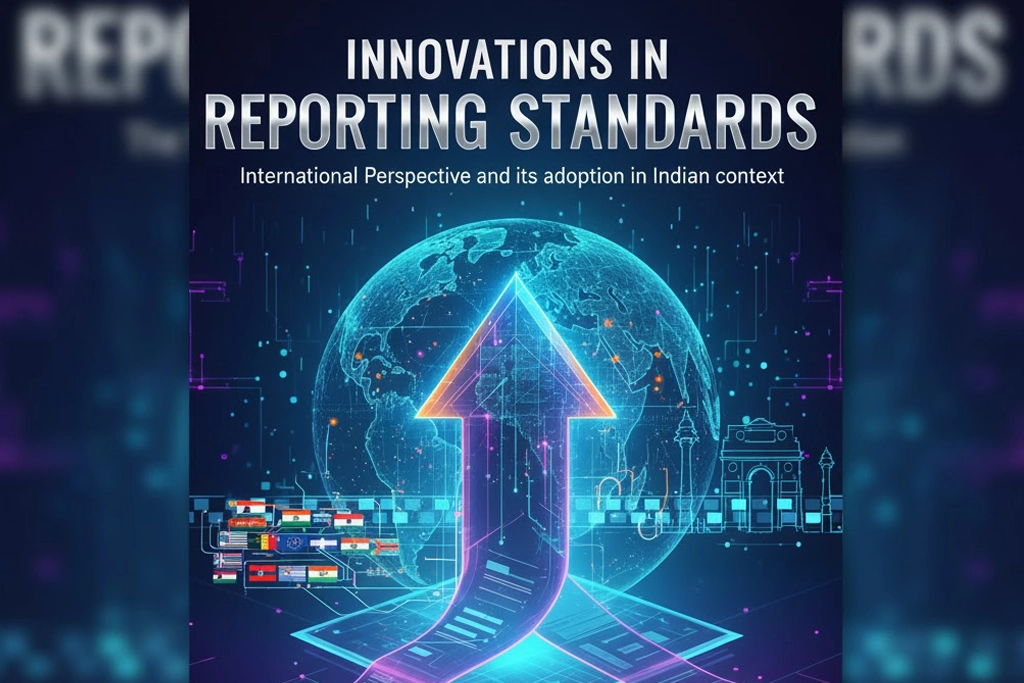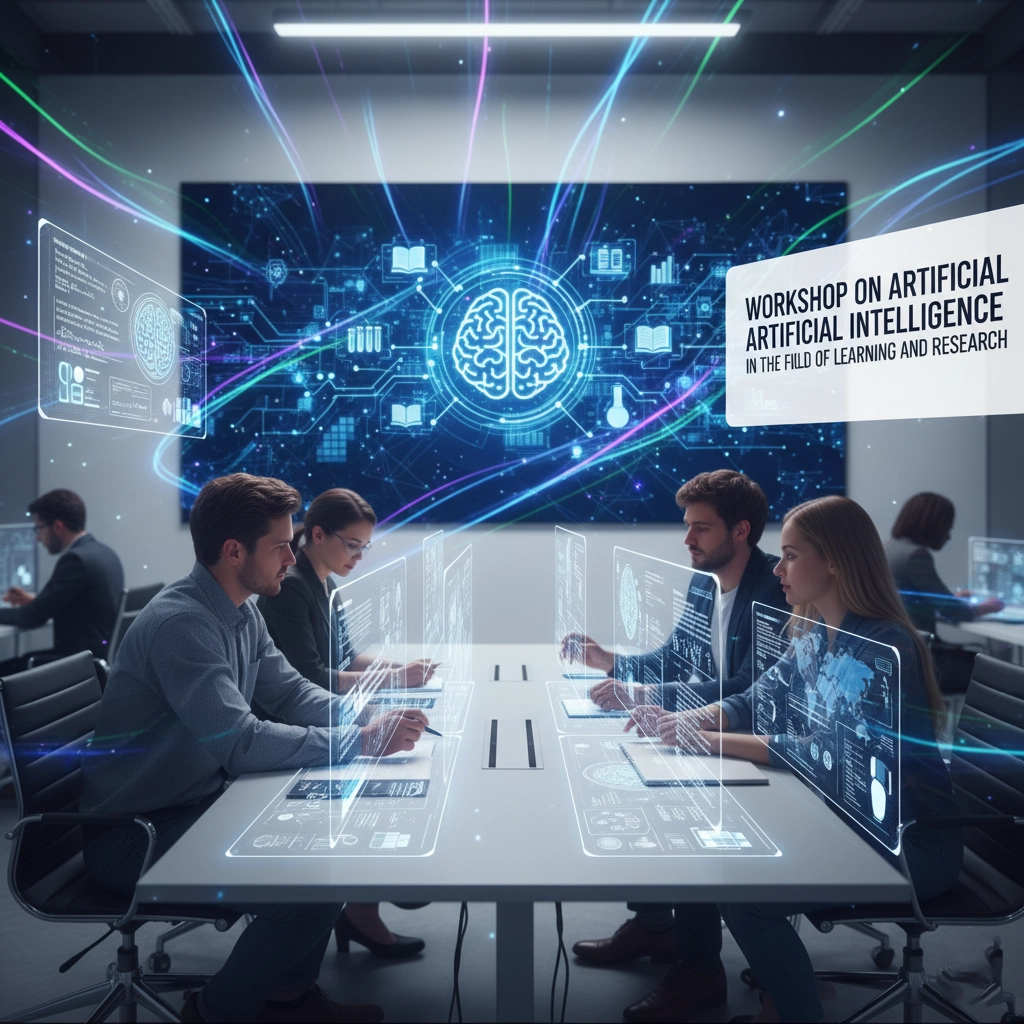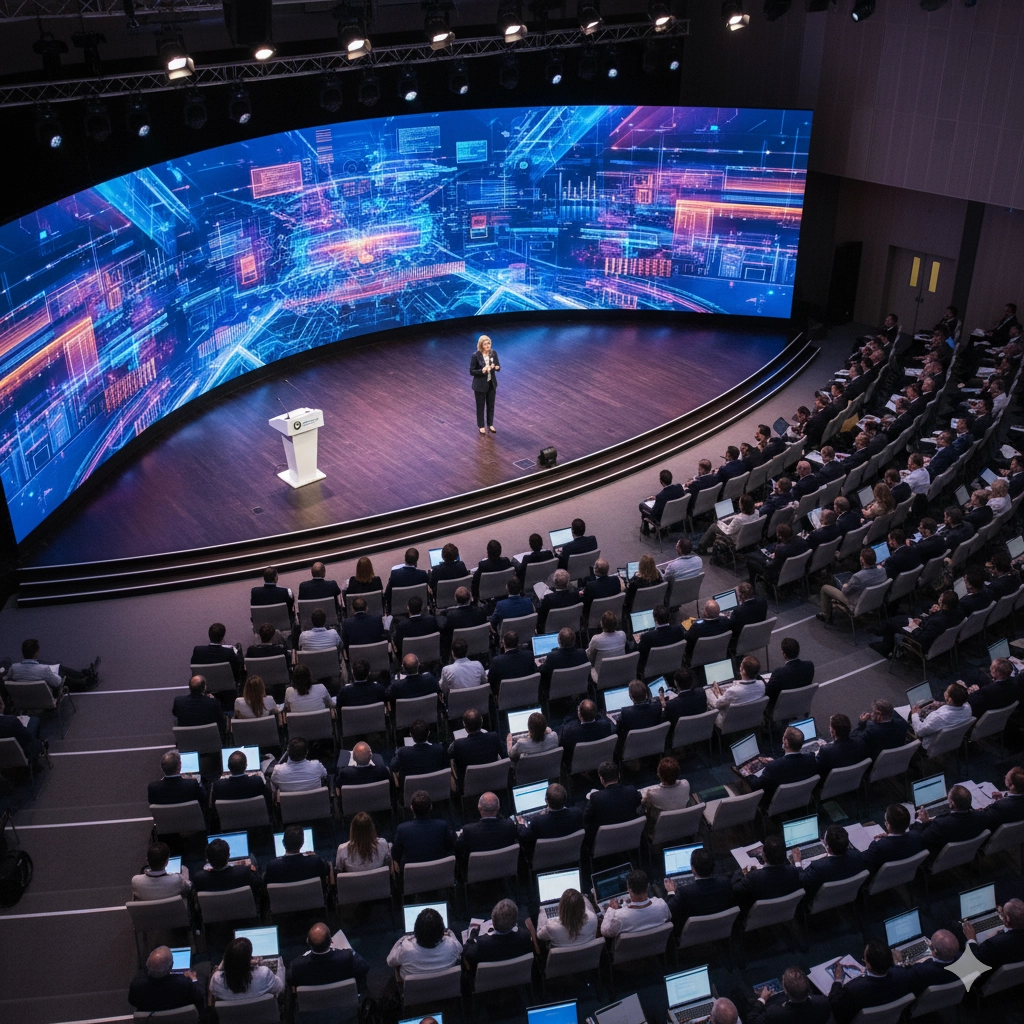International Conference on Innovations in Architecture, Design, Business, Society, Language and Literature
ICADBSL
30th - 31st October 2025
Organized by
Vellore Institute of Technology, Vellore
Knowledge Partners

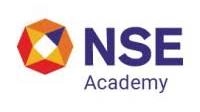
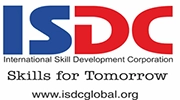
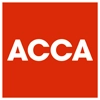
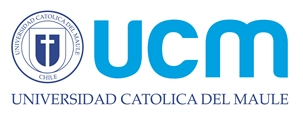
About Us
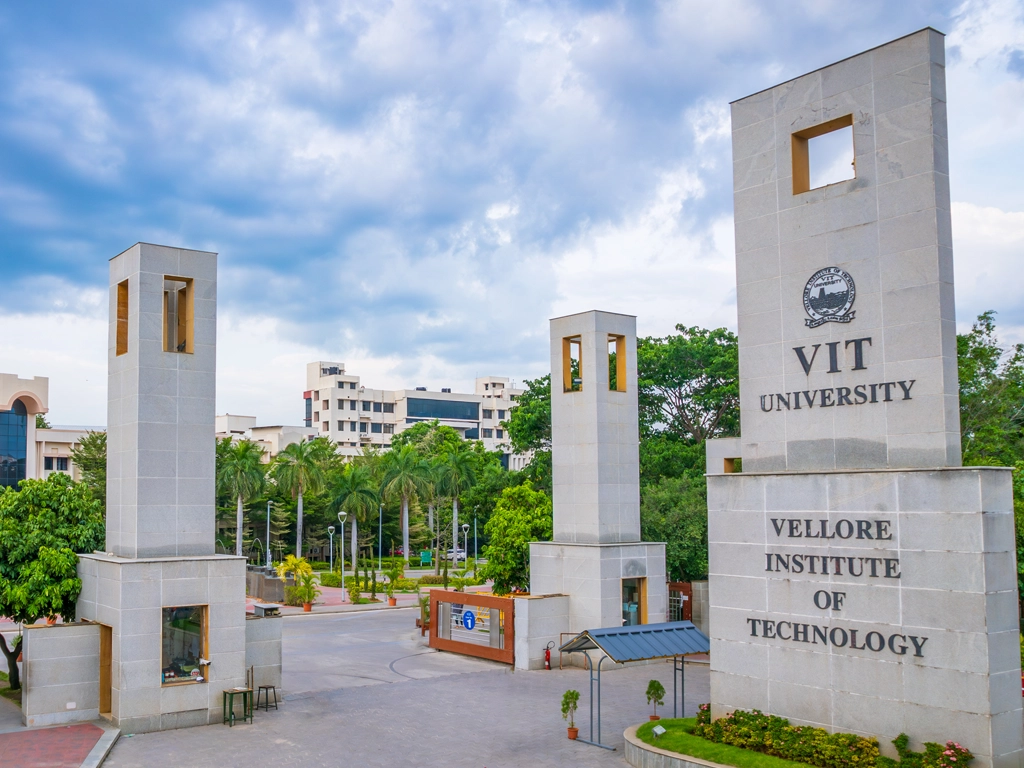
About VIT
Vellore Institute of Technology
Vellore Institute of Technology (VIT) was founded in 1984 as Vellore Engineering College by
the
Chancellor, Dr. G. Viswanathan. VIT attracts students from the all the states of India and
more than 51
different countries because of its academic excellence.
VIT has introduced many innovations in academic processes which adds value to every student.
FFCS (Fully
Flexible Credit System), PBL (Project Based Learning) for better learning, fully digitized
academic
portals that assist students in equipping which kindles the interest and the curiosity of
students, which
moulds them to be better problem solver, 8th module in every subject being handled by
industrial experts,
making the students contextualize the concepts they study in the classroom, are a few of the
innovations
that VIT has introduced.
About Conference
International Conference on Innovations in Architecture, Design, Business, Society, Language and Literature is jointly organized by Vellore Institute of Technology. The conference aims to provide a unique platform for the exchange of ideas and synergy among researchers, academicians, industrial experts, and entrepreneurs across the globe. It focuses on innovations in architecture, design, business, society, language and literature covering the latest research trends and developments in emerging areas.
Objectives
- To facilitate collaboration and knowledge sharing among diverse stakeholders.
- To showcase cutting-edge innovations and research in architecture, design, business, and societal impact.
- To provide a forum for discussing challenges and opportunities in these fields.
Publication
- All accepted and registered papers will be published as e-book proceedings by a reputed publisher, Taylor and Francis and indexed in Scopus, ensuring global visibility and academic recognition. Quality checks will be done for indexation.
Expected Outcomes
- Enhanced collaboration among researchers and practitioners.
- Identification of emerging trends and challenges in architecture, design, business, and society.
- Development of new ideas and solutions for sustainable and innovative practices

Submission
Steps in the Peer Review Process
Step 1
Authors submit their research papers by the specified deadline through an online submission system.
Step 2
The conference committee conducts an initial review to ensure submissions meet basic formatting and thematic requirements.
Step 3
Each paper is assigned to two reviewers who are experts in relevant fields. They evaluate submissions based on criteria such as:
- a. Originality
- b. Significance
- c. Methodology
- d. Clarity
Step 4
Reviewers provide constructive feedback and recommendations regarding acceptance or revision of the papers.
Step 5
Based on reviewer comments and scores, the conference committee makes final decisions regarding which papers will be accepted for presentation.
Step 6
Authors are notified of the acceptance or rejection of their submissions, along with reviewer comments for those requiring revisions.
Key Dates for Submission
Submission of Abstracts
On or before 10th August 2025
Submission of Full Papers
On or before 1st September 2025
Notification of Acceptance
Acceptance of full paper will be notified on or before 30th of this month.
Registration Closing Date
03rd October 2025
Conference Date
30th - 31st October 2025

Registration
| Category | In INR | in USD |
|---|---|---|
| Industry Professional | 10,000 | 150 |
| Faculty / Academician | 8,000 | 130 |
| Research Scholar / PG Student | 7,000 | 100 |
| Co-Author | 4,000 | 80 |
| Participant | 2,000 | 50 |
Registration Link
Speakers
International Speakers

Dr. Ian Fookes
University of Auckland,New Zealand
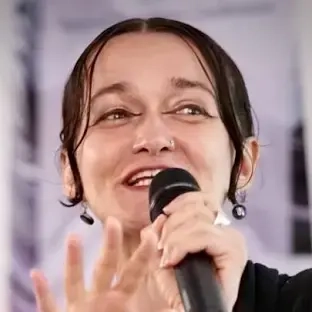
Dr. Francesca Ferrando
New York University,USA
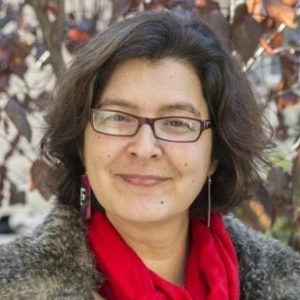
Dr María Adelina Sánchez Espinosa
University of Granada,Spain
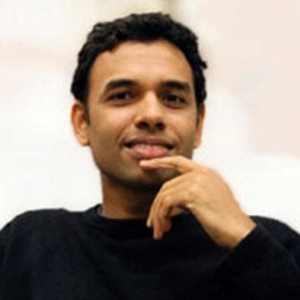
Dr. Shibu Raman
Welsh School of ArchitectureCardiff University, Cardiff
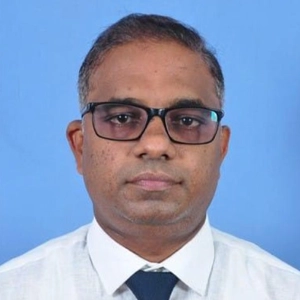
Dr.Sivesan Sivanadamoorthy
University of Jaffna,Srilanka
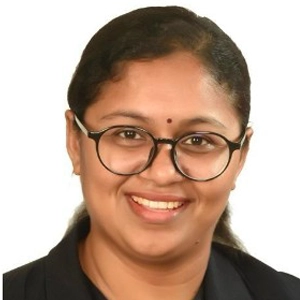
Dr. Gengeswari Krishnapillai
Universiti Tunku Abdul Rahman (UTAR),Malaysia
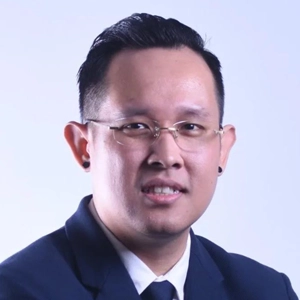
Prof. Dr. Lim Weng Marc
Sunway University,Malaysia
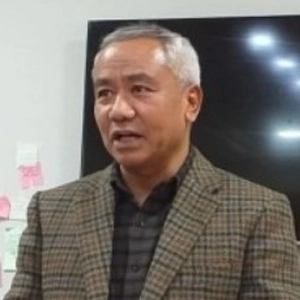
Dr. Binod Krishna Shrestha
School of Management Balkumari,Lalitpur, Nepal
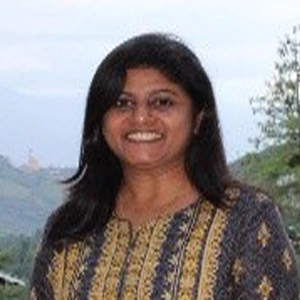
Dr. Rachel Jocob
Royal Thimphu College,Bhutan
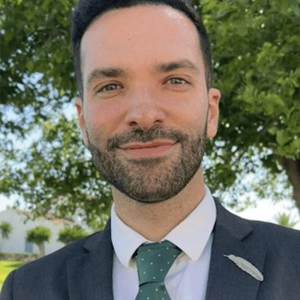
Dr. Javier Moreno-Rivero
Universidad Complutense de Madrid, Spain & City University of New York, USA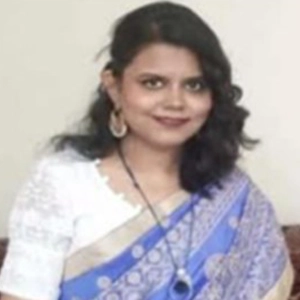
Dr. Madhurima Dasgupta
Ashadi Wisdom Campus,Sri Lanka
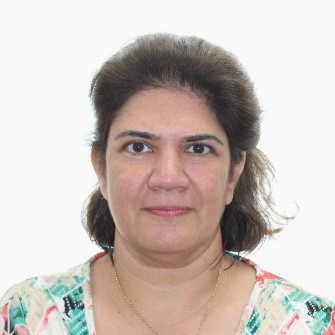
Dr. Shamira Soren Malekar
Professor of Business,City University of New York, New York
National Speakers
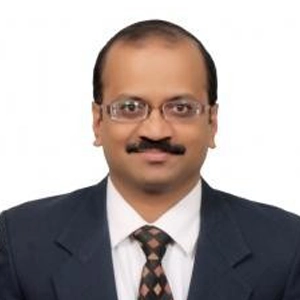
Dr. Aniruddha Subarao Pawar
Goa University,Goa
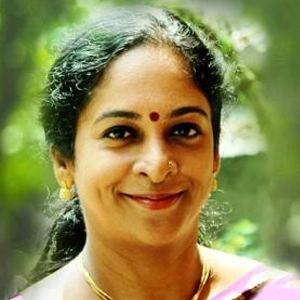
Dr. Binumol Tom
Rajiv Gandhi Institute of Technology,Kottayam
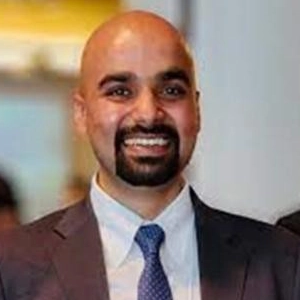
Dr. Shreyas Pramod Bharule
Indian Institute of Technology(IIT),Kharagpur
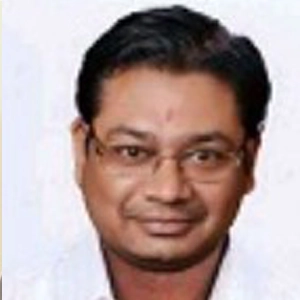
Dr. M. Raja Vishwanathan
National Institute of Technology (NIT)Warangal
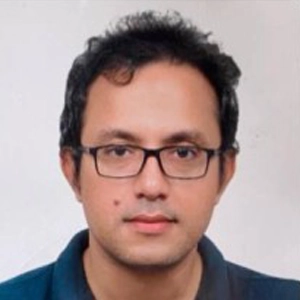
Dr. Avishek Pauri
Indian Institute of Technology (IIT)Madras
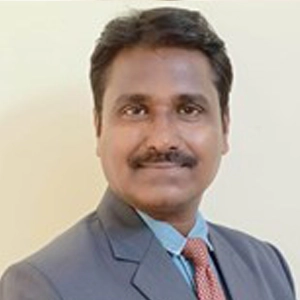
Dr. Sunder Rajdeep
University of Mumbai,Mumbai
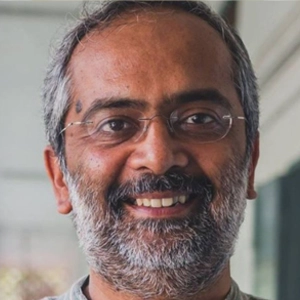
Dr. Milind Brahme
IIT Madras,Chennai

Dr. Gaurav Kumar
JNU,New Delhi
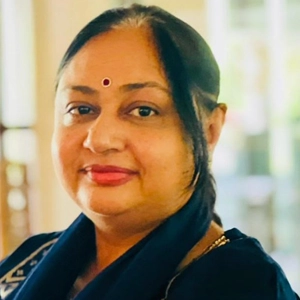
Dr. Ritu Tyagi
Pondicherry UniversityPondicherry
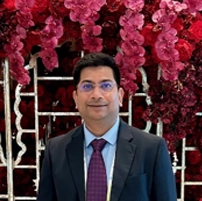
Dr. Prabhas Kumar Rath
Chief General ManagerSecurities and Exchange Board of India
Committee
Chief Patrons
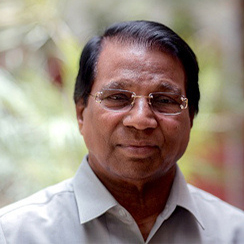
Dr. G. Viswanathan
Chancellor, VITPatrons
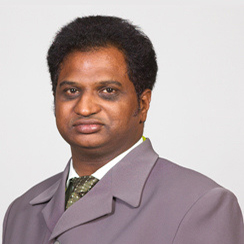
Shri. Sankar Viswanathan
Vice-President, VIT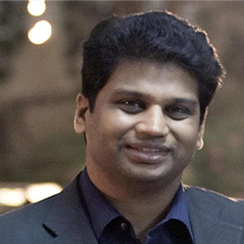
Dr. Sekar Viswanathan
Vice-President, VIT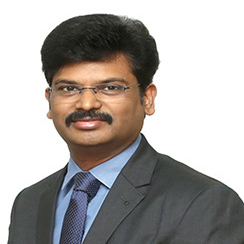
Dr. G. V. Selvam
Vice-President, VIT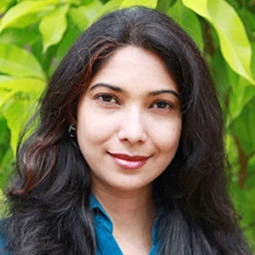
Dr. Sandhya Pentareddy
Executive Director, VIT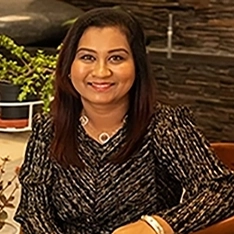
Ms. Kadhambari S. Viswanathan
Assistant Vice-President, VIT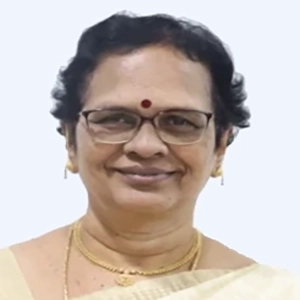
Prof. Dr. V. S. Kanchana Bhaaskaran
Vice-Chancellor, VIT
Prof. Dr. Partha Sharathi Mallick
Pro Vice-Chancellor, VIT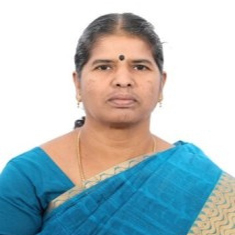
Prof. Dr. T. Jayabarathi
Registrar, VITConference Chairs
| International Advisory Committee Members |
|---|
| Dr.Tami Haaland, Montana State University Billings, Montana, USA |
| Dr. Justin James,Nizwa, Oman |
| Dr. Abdul Majeed Mohamed Navaz, South Eastern University, Sri Lanka |
| Dr. Tara Prasad Upadhyaya, Tribhuvan University, Nepal |
| Dr. Sudhir Rana, Gulf Medical University, UAE |
| Dr. Ranjeeva Ranjan, Universidad Catolica del Maule, Chile |
| National Advisory Committee Members |
| Dr. Jayprakash Chadchan, Christ University, Bengaluru |
| Dr. RajaKumari, M, School of Planning and Architecture, Vijayawada |
| Dr. Nand Kumar Malaviya, National Institute of Technology, Jaipur |
| Dr Minni Sawhney, Delhi University, New Delhi |
| Dr Gaurav Kumar, American Studies,Jawaharlal Nehru University, New Delhi |
| Dr. P.Jeyapriya, Mother Teresa Women?s University, Kodaikanal |
| Dr.Swarnalatha, Indian Institute of Technology, Madras |
| Dr. Gigy Alex, Indian Institute of Space Science and Technology, Thiruvananthapuram |
| Dr. S Arulchelvan, Anna University, Chennai |
| Dr. Sunder Rajdeep, University of Mumbai, Mumbai |
| Dr.A.Morarji, Alagappa University, Karaikudi |
| Dr. E. Sinu, NIMHANS, Bangalore. |
| Dr. P. Anandha Raja Kumar, The Gandhigram Rural Institute (Deemed To Be University), Gandhigram |
| Dr. Vibha Surana, Mumbai University, Mumbai |
| Prof. R. Venguattaramane, Pondicherry University. Vice-President, Alliance Française, Pondicherry |
| Dr. N. Vijayakumar, Pondicherry University, Pondicherry |
Paper Submission
Conference Themes
Conference Abstract Template | Conference Full Paper Template
Architecture
Climate Action in built environment
- Circularity
- Disaster risk reduction
- Modelling and simulation
- Resilience and climate adaptation
- Sustainable planning
- Urbanism
Built environment tools for Sustainable Development
- Digital architecture
- Digital fabrication
- Digital twin
- Generative architectural design
- Smart technology and innovative building material
Social sustainability in architecture
- Affordable solutions
- Health and wellbeing
- Human behavioural studies
- Social equality and inclusion
- Traditional Knowledge Systems approach to sustainable development
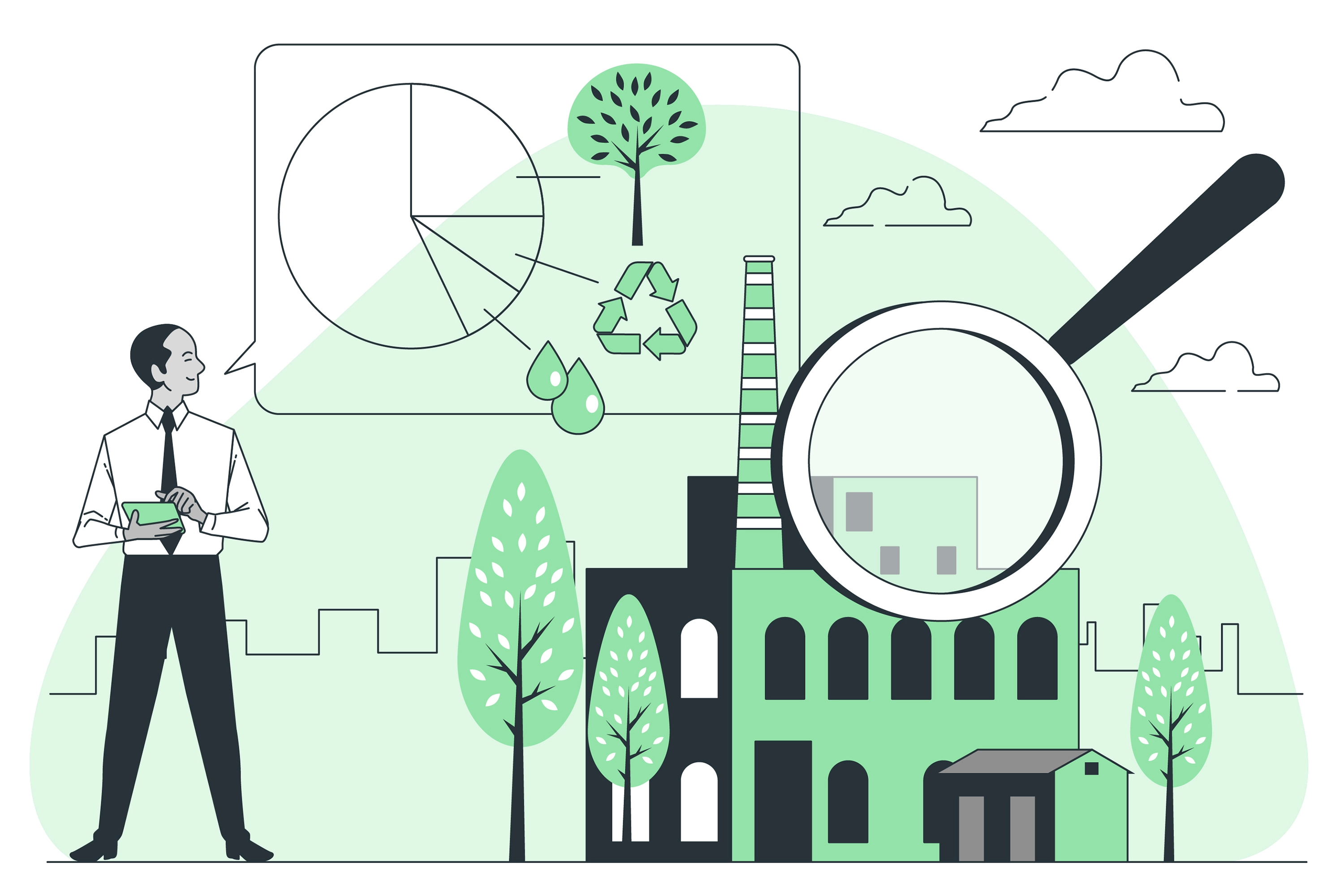
Design
- Design Thinking and Innovation
- Design and Technology Integration
- Digital Product Design
- Sustainable Design Practices
- Graphic Design and Visual Communication
- Design Education and Pedagogy
- Design Ethics and Responsibility
- Interior Design and Space Planning
- User Experience (UX) Design
- Product Design and Development
- Service Design
- Design for Social Impact
- Design Management and Leadership
- Cultural and Contextual Design
- Design Futures and Speculative Design
Multimedia
- Journalism and Communication
- Media Literacy and Information
- Advertising and Public Relations
- Media, Gender and Society
- Education and Training Practices
- Arts, Performance, and Cultural Narratives
- Film Studies and Visual Storytelling
- New Media
- Artificial Intelligence and Media Innovation
- Gaming and Immersive Technology
- Graphics and Animation
- Emerging Technologies and Future Media Landscapes
- Media Law, Ethics, and Digital Rights

Business
- Data Analytics and Business Intelligence
- Financial Technology (FinTech) Innovations
- AI/ML in Audit and Taxation
- AI in Sustainable Business and Management
- Blockchain Technology in Business
- Digital Banking / e-Banking
- InsurTech
- Financial Intelligence
- Legal / Law Innovations
- Cybersecurity in Business
- Digital Transformation and Business Models
- Sustainable Finance and Digital Technologies
- Innovation Management
- Entrepreneurship and Start-ups
- Human Resource Management and Leadership
- Supply Chain Management and Logistics
- Business Ethics and Corporate Social Responsibility
- Business and Society Interface
- Globalization and International Business
- Future of Work and Remote Work
- Diversity, Inclusion, and Sustainable Workforce
- Marketing and Branding Strategies
- Innovative Marketing Strategies toward SDG/ESG
- Green Marketing
- Sustainable Business Practices
- E-commerce and Online Business

Society
- Digital Society and Technology
- Artificial Intelligence: Application and Issues
- Media and Media Outlets
- Women, Children, Elderly and LGBTQA Empowerment
- Entrepreneurship and Start-ups
- LPG,MDG,SDG and Corporate Social Responsibility
- Innovation and Development
- Environment and Climate Issues
- Health: Physical, Emotional, Digital and Mental health
- Addiction and society
- Governance and Practices
- Crime: Causation, criminal behaviour, and the criminal justice system
- Ethics: Personal, Professional and Social
- Agriculture, Food and Green Economy
- Digital Economy and Financial Inclusion
- International Trade, Tariff and War
- Emerging business model
- Labour Market, Human Capital and Migration
- Democracy and Human rights
- Public Policy India and World
- World politics: Major players
- Historical Perspectives, Colonialism, Culture and Ethnics
- Design, Architectural Styles and Movements
- Indian Classical Music
- Visualizing Music

Languages & Literature
Languages
- Impact of globalization on linguistic identity and intercultural communication
- Cultural sensitivity in language learning
- Emerging trends in language proficiency assessment and evaluation
- Interdisciplinary research in linguistics (e.g. computational and forensic linguistics)
- Translation as interdisciplinary research (e.g. automatic translation)
- Translation in foreign languages including heritage language
- Ethical and Pedagogical Implications of AI in Language Education
- Social and Emotional learning
- English Language teacher in the digital era: new perspectives and challenges
- Teaching English for Professional purposes
- Modern perspectives on cross-cultural communication and foreign language training
- AI & Ed Tech Integration in language teaching and learning
- ICT integration in teaching language, literature, culture, and history in L2 and L3 classrooms
- Interdisciplinary approaches to culture and literature research (e.g. gender and sustainability in literature)
- Foreign Language teacher in the digital era: new perspectives and challenges
- Teaching foreign languages for Professional Purposes
- Teaching culture, history and literature
- Language education for children and adolescents
Linguistics
- Sociolinguistics
- Discourse Analysis
- Corpus Linguistics
- Psycholinguistics

Literary Studies
Postcolonial and Global South Studies
- Literatures of the Global South and Decolonial Aesthetics
- Diaspora, Migration, and Transnational Identities
- Subaltern Voices: Dalit Aesthetics, Oral Histories and Media Representation
- Postcolonial culinary narratives
Trauma, Memory Studies
- Cultural and Collective Trauma
- Narratives of War
- Displacement and Healing
Ecocritical and Environmental Humanities
- Climate Narratives
- Postcolonial Ecocriticism and Indigenous Ecologies
- Blue Humanities
Gender and Queer Studies
- Gender studies and LGBTQ+ studies
- Masculinity studies
Medical Humanities
- Fat Studies and Body politics
- Illness Narratives
- Disability Studies
Posthuman and Digital Humanities
- Science Fiction and Posthumanism
- Cyborg narratives and hybrid bodies
- Digital Storytelling and Literary aesthetics
Visual and Media Cultures
- Graphic Narratives and Visual Storytelling
- Film Studies
- Digital memoir and hypertext narratives
(*Any other innovative approaches to languages that are not listed above are also welcome)
Publication Ethics
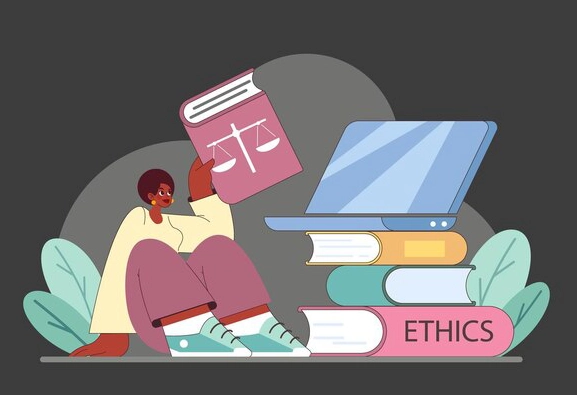
Publication Ethics
To maintain integrity and credibility of the research work, all Authors are expected to adhere to the following ethical guidelines:
- Originality: All submissions must be the original work of the authors and must not be under consideration or published elsewhere.
- Proper Citation: Authors must ensure that all sources and references are appropriately cited or quoted.
- Authorship Criteria: Each listed author must have made a significant intellectual contribution to the research and the preparation of the manuscript.
- Plagiarism and Text Recycling: Plagiarism, self-plagiarism, and text recycling are strictly prohibited. However, if text overlap is unavoidable (e.g., in methodology), it must not exceed 15% of the manuscript, and proper citation must be provided where applicable.
WORKSHOP
Workshop on Bridging Green Finance and Ai-Driven Markets
Organized by - Department of Commerce,
School of Social
Sciences and Languages, VIT Vellore, In association with NSE Academy
Hands-on Workshop on Autodesk Forma
Click Here for Payment
Organized by - School of Architecture (V-SPARC)
Workshop on Innovations in Reporting Standards: International Perspective and Its Adoption in Indian Context
Click Here for Registration
Organized by - Department of Commerce, School of Social Sciences and Languages, VIT Vellore,
In association with
ACCA Global, and ISDC, India
Workshop on Artificial Intelligence in the Field of Learning and Research
Click Here for Registration
Organized by - Department of English, School of Social Sciences and Languages
Workshop on Making Sense of Social Media; When to Abide & When to Avoid?
Click Here for Registration
Organized by - Department of Social Sciences, School of Social Sciences and Languages
PLENARY SESSION
Plenary Session
Click Here for Registration
Organized by - Department of Social Sciences,
School of Social Sciences and Languages
Contact
Address
Vellore Institute of Technology, Vellore
Email Us
Architecture -
icadbslarchitect@vit.ac.in
Design and Multimedia - icadbsldesignmm@vit.ac.in
Business school -
icadbslbschool@vit.ac.in
Commerce -
icadbslcommerce@vit.ac.in
Social Science -
icadbslsocial@vit.ac.in
English -
icadbslenglish@vit.ac.in
Language -
icadbsllanguage@vit.ac.in



